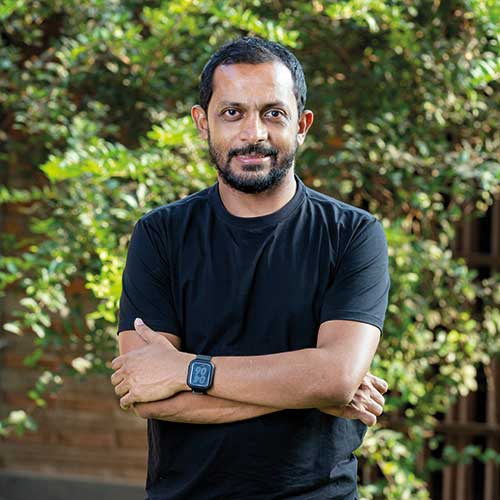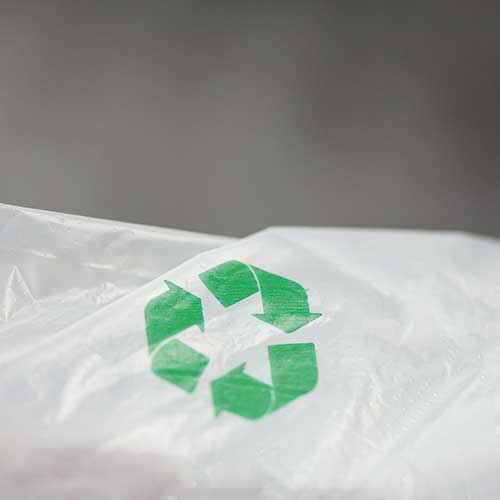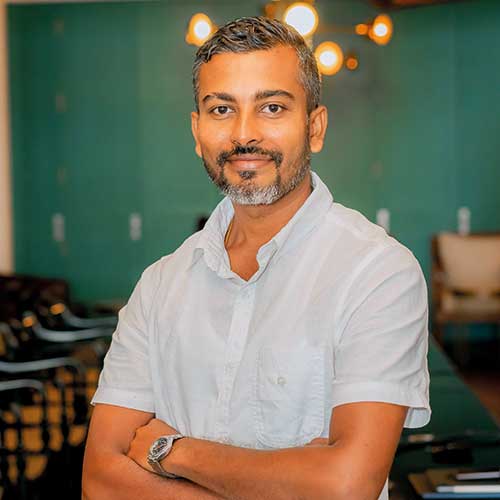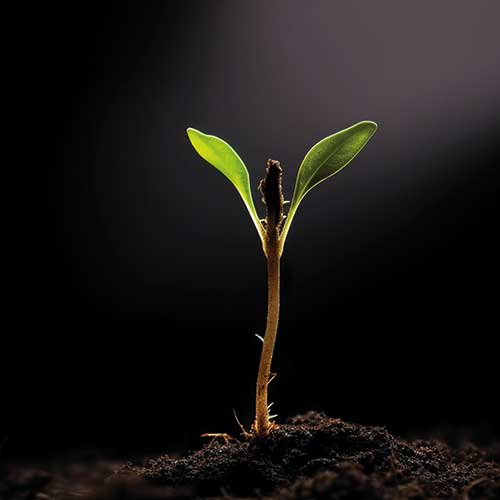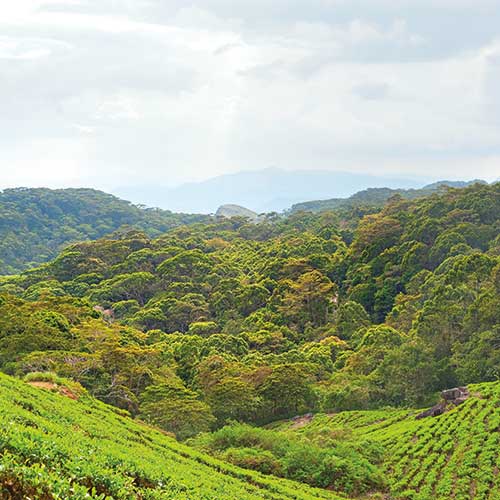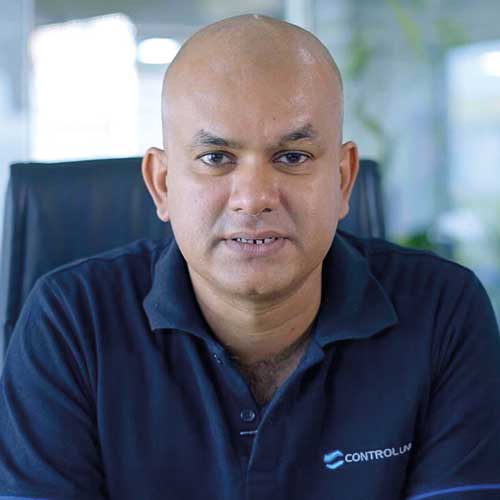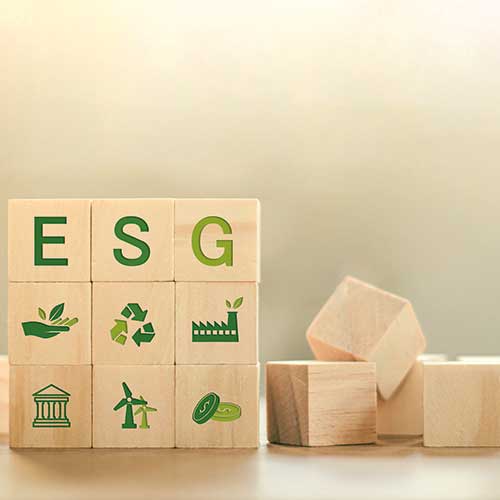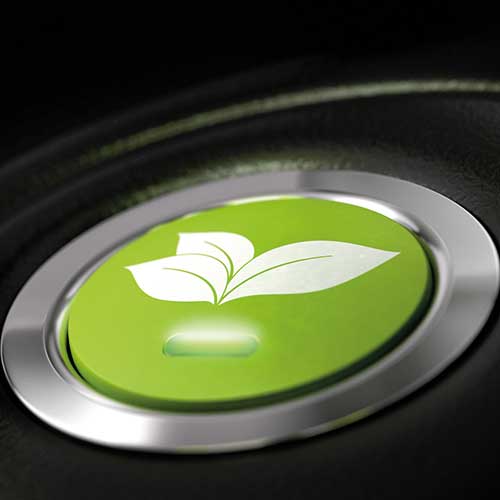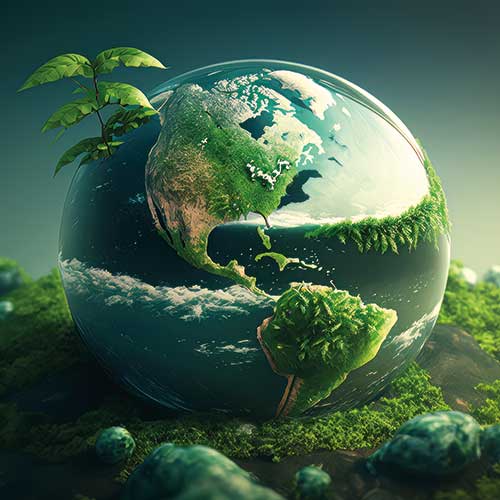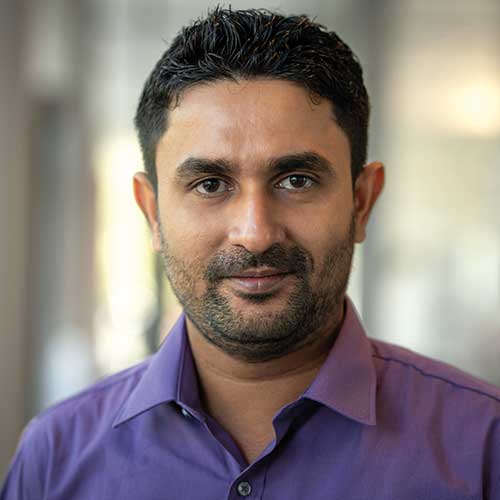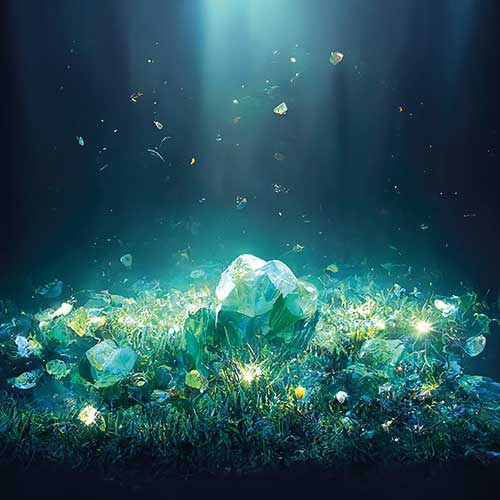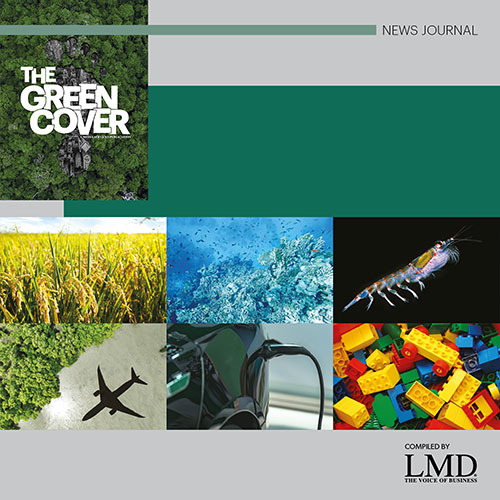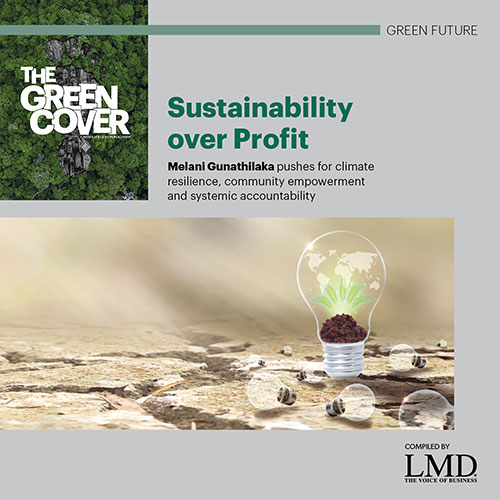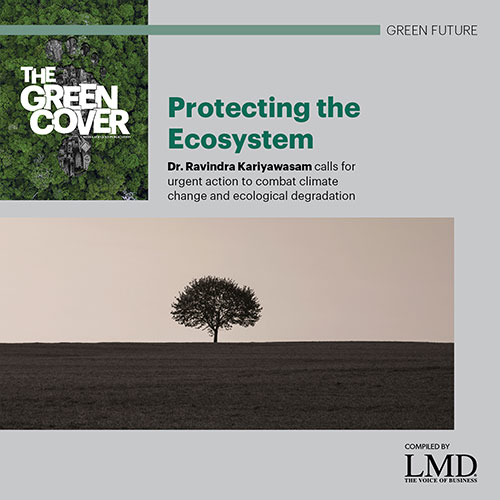CRAFTING AN ECO-REVOLUTION
Nicola Jayasundera culls ideas from experts and enterprises dedicated to preserving natural treasures
Embarking on a journey to sustainability, Sri Lanka stands at the forefront of progressive environmental initiatives. In a bid to mitigate climate change and foster community wellbeing, the island nation has undertaken various green endeavours.
Through interaction with environmental experts, we delve into the significant initiatives underway in Sri Lanka, exploring their profound impacts on the environment and ensconced communities.
Founder – Climate Zero Foundation and ZeroPlastic Movement
As the Founder of the Climate Zero Foundation and ZeroPlastic Movement, I am thrilled to witness a remarkable surge in green initiatives across Sri Lanka. It’s inspiring to see both governmental bodies and private enterprises acknowledging the critical importance of environmental sustainability. Together, we are prioritising eco-friendly practices to ensure the long-term viability of our beautiful island nation.
At Climate Zero Foundation, we’ve been at the forefront of impactful campaigns such as the ZeroPlastic Movement. Through widespread support from universities and communities, we’re making significant strides in reducing plastic pollution. Our upcoming ‘ZeroPlastic’ certification will recognise businesses and hotels for their commendable efforts.
Recent judicial interventions, by the high court, such as the ban on free distribution of shopping bags underscore our collective commitment to environmental preservation. These initiatives promise tangible benefits, safeguarding our precious ecosystems for generations to come. Sri Lanka is indeed paving the way to a greener, more sustainable future.
Social Entrepreneur Cofounder – Thuru and ZeroTrash CEO and Director – Vibhava Solutions
Individual actions are much needed for a greater environmental impact. Unless we all have an eco-consciousness, we’re unable to reverse the harm we all do to the environment. Thuru and ZeroTrash are dedicated to connecting people with nature, offering innovative solutions for impactful environmental initiatives.
Since 2016, Thuru has extended B2B and B2C services in reforestation and waste collection. Thuru’s ecosystem is capable of large-scale projects to drive environmental, social and corporate governance (ESG)-related projects. The Thuru Online store has sold over 40,000 plants while 50,000 Thuru seedpods made from waste paper are promoted at Sri Lankan weddings and corporate events.”
ZeroTrash serves as a recyclable collector and centre, benefiting from a committed customer base in Boralesgamuwa and Kochchikade. Its environmental training, reaching over 1,000 individuals, fosters ecological resilience in schoolchildren, undergraduates and corporate employees, covering topics such as climate change, waste management, home gardening and social enterprise, using an acidity-based teaching approach.
Thuru research is also trying to harness more green innovations to deliver impact in natural dye, seaweed and plant-based extractions.
Chairperson – Rainforest Protectors Trust (RPT) Biodiversity Conservationist and Protected Area Specialist
The Rainforest Protectors Trust was established in 2017 to purchase and permanently protect privately held wilderness lands that are in danger of being eradicated and adjoining protected areas in Sri Lanka.
We are currently focused on creating a buffer zone for the Sinharaja Forest Reserve, which – despite being a World Heritage Site – lacks a formally designated protected area buffer zone. Unprotected wilderness lands bordering Sinharaja are extremely rich in biodiversity such as the rainforest’s last two elephants and Sri Lankan leopards including melanistic or black specimens.
To date, the Rainforest Protectors Trust has purchased and protected five tracts of privately held wilderness lands totalling 30 acres of primary ecosystems, habitats, water bodies and geological features.
Protecting existing ecosystems and habitats under threat provides immediate benefits; and despite the upfront costs, it is cost-efficient in the long term. With increasing loss of wildernesses, we are racing against time to protect what is left.
Managing Director – Control Union Inspections
For businesses, adopting environmental, social and corporate governance (ESG) strategies is becoming a must. Stakeholders are forced to prioritise not only financial targets but also the social and environmental impacts of their actions.
Sustainability principles are crucial for the development of any country. Adopting green technologies, promoting a circular economy, supporting sustainable agricultural and food production, fostering education and innovation, implementing effective policy frameworks, and ensuring social inclusion and equity should be the key components of such a well guided development mechanism.
Sri Lanka demonstrates a commitment to meeting ESG obligations through a robust policy framework. As a signatory to the Paris Agreement, the island nation has implemented a National Climate Change Policy, providing guidance for businesses to pursue a sustainable, low-carbon future.
Furthermore, the country’s energy policies and renewable energy targets encourage industry transitions to renewable sources while promoting energy saving measures. These initiatives create an environment conducive to sustainable business practices, aligning corporate objectives with broader societal and environmental goals.
Founding Director – Island Climate Initiative
The natural environment sustains us while technology enriches our lives. Yet, the impacts of environmental and climate changes are increasingly palpable, from scorching temperatures to erratic weather. As our natural habitats diminish, these impacts become more severe and challenging.
In response, the world is shifting to a low-carbon circular economy, powered by renewable energy and resource efficiency. Driven by competition and human ingenuity, entrepreneurs craft profitable ventures that not only redefine success but also redesign our world for the better.
In this emerging green economy, the Global South leads. This is Sri Lanka’s opportunity to pioneer climate and sustainability innovation, guiding our region to a brighter, happier and more sustainable future. This is our mission at Island Climate Initiative.
Founder/Executive Director (Global) – SLYCAN Trust
At SLYCAN Trust, we focus on upholding ethical, sustainable and climate friendly solutions. Through our work in entrepreneurship and the EthicalX: Climate & Innovation Hub, we focus on integrating sustainability and resilience through partnerships with entrepreneurs, communities and other key stakeholders.
Climate friendly green or blue finance is a priority for us. Ensuring access to finance for vulnerable communities, building capacities, and supporting evidence-based policy and action, to help scale up sustainable and green finance, form the core of our financial work programme.
Deputy Chief of Party – USAID Ocean Plastics Reduction Activity
To address the exponentially growing plastics waste issue, USAID Ocean Plastics Reduction Activity holistically targets the entire plastics value chain in its programming. We have partnered with leading businesses; medium, small and micro enterprises (MSMEs); academic and research institutions; and young innovators, to develop and scale up pioneering virgin plastics reduction solutions.
We work hand in hand with the informal sector, local community groups, recyclers and Extended Producer Responsibility (EPR) obliged enterprises to develop sustainable downstream plastics waste management solutions, contributing to increasing the plastics waste recycling rate of the country.
Through a partnership with Ceylon Cold Stores (CCS) and Viridis, we have introduced plastics waste collection as an additional livelihood opportunity to rural disadvantaged men and women.
And we have success stories to tell about income generated through plastics waste collection that is utilised for covering food and health expenses, repaying loans, paying for children’s education and so on.

